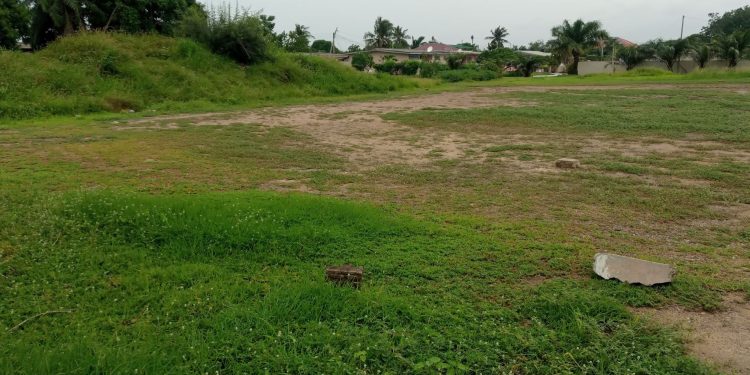High Land Costs Stalling Ghana’s Affordable Housing Drive
The cost and limited availability of land are emerging as the biggest constraints on Ghana’s efforts to tackle its chronic housing deficit, according to S.O. Afram, professor of architecture at the Kwame Nkrumah University of Science and Technology.
Speaking at a forum in Accra on Tuesday, Prof Afram said the situation was particularly acute in the capital, where “you can’t even get the land, and when you do, you pay more.” The high cost of plots, he argued, is undermining attempts to expand affordable housing and deterring private sector investment.
Ghana’s housing deficit is estimated at more than 1.8mn units, with demand expected to rise alongside rapid urbanisation. The problem has become politically sensitive ahead of next year’s elections.
Kenneth Gilbert Adjei, minister for works and housing, insisted the Mahama administration was committed to easing the crisis as part of its reset agenda. He cited the security services housing programme and a national rental assistance scheme as examples of initiatives aimed at closing the affordability gap.
“The housing needs of Ghanaians require urgent, collective action,” he said, adding that President John Mahama’s flagship low-cost housing project, focused on public sector workers, would form a cornerstone of the government’s strategy.
While officials have promised “innovative and sustainable solutions,” analysts say high land costs, limited mortgage penetration and persistent fiscal pressures continue to weigh heavily on the sector. Without deeper structural reforms and stronger private sector participation, they warn, Ghana risks falling further behind in its ambition to provide safe and affordable housing for its citizens.








